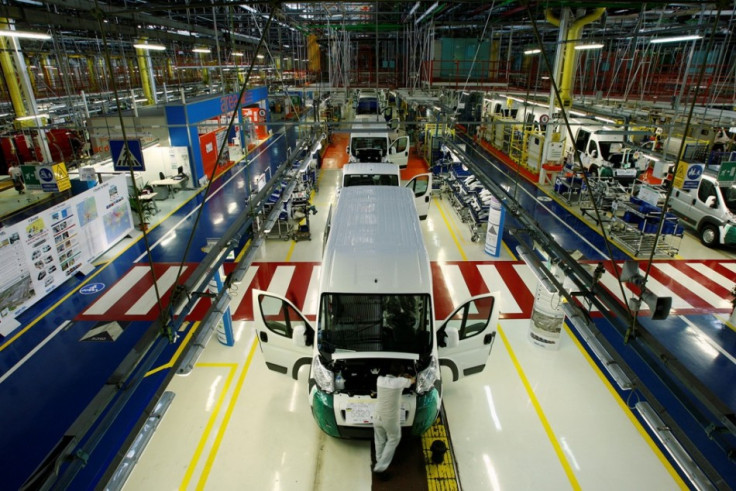Italian Government Pays Fiat Workers for Being Unemployed

The Italian government is paying a number of automakers' employees a salary, despite being on 'forced leave', as lawmakers try to tackle spiraling unemployment.
According to a Wall Street Journal report, workers at some of Fiat's plants in Italy are being paid through a state-run programme for workers on forced leave.
The sovereign debt crisis has forced many car makers to shut down a number of plants and shed thousands of jobs after car sales plunged to their lowest levels in decades. Those who are reluctant to shut down plants kept them idle and employees barely worked a few months in the last two years. Politicians hope that the cash injection will help stem rising jobless rates.
Italy's Fiat Group closed down a factory in Sicily in 2011, but avoided further closures and layoffs in the home country. In order to save costs and recover its business, the company kept five of its car factories idle for extended periods of time.
Despite this, workers received salaries, even though they were at home, through a state-funded programme. Fiat said it had used an average of 20 million hours a year, under the state subsidy programme, between 2009 and 2012.
Fiat employs 41,000 people in Italy.
Falling Car Sales
In 2012, Fiat produced less than 50,000 cars at its Mirafiori plant in Turin, while the plant had a workforce of about 5,500 assigned to its assembly line. The plant used to produce more than 300,000 cars annually by employing tens of thousands of workers.
In Europe, less than half of the auto factories are operating at the minimum 75% capacity, which is needed to break even, according to consultants Alix Partners. Most of the factories operating below that level are located in crisis-hit countries such as Italy, France and Spain.
Despite the adverse market conditions, European automakers did not follow their US counterparts, who closed 18 factories in the aftermath of the 2008 financial crisis eliminating thousands of jobs.
In Western Europe, governments have assisted companies with paying employees who are on forced leave, as they did not want a further increase in unemployment levels.
The jobless rate in the 27-nation EU region declined to 10.9% in June, from 11.0% in May. This was the first fall in the rate since January 2011.
At the end of July, Italy's Prime Minister Enrico Letta slammed Europe for the handling of Greece's near-quarter of a trillion euro rescue package by saying that the bloc made some 'serious mistakes'.
"There is no doubt that serious mistakes were made about Greece by Europe in the past few years," said Letta.
"The timing was wrong. The instruments were wrong. The interventions were not made in the right way and at the right time and this worsened the crisis.
"The crisis would have been different. It would have created less of a financial disaster; it would have led to fewer job losses across Europe, if Europe's attitude to Greece had been different at the beginning."
Italy's unemployment rate stayed near a record high in June as companies remain reluctant to hire amid the country's recession. It also has one of the worst youth unemployment rates in Europe, with nearly 40% of young people, aged between 15 and 24, being jobless.
© Copyright IBTimes 2024. All rights reserved.






